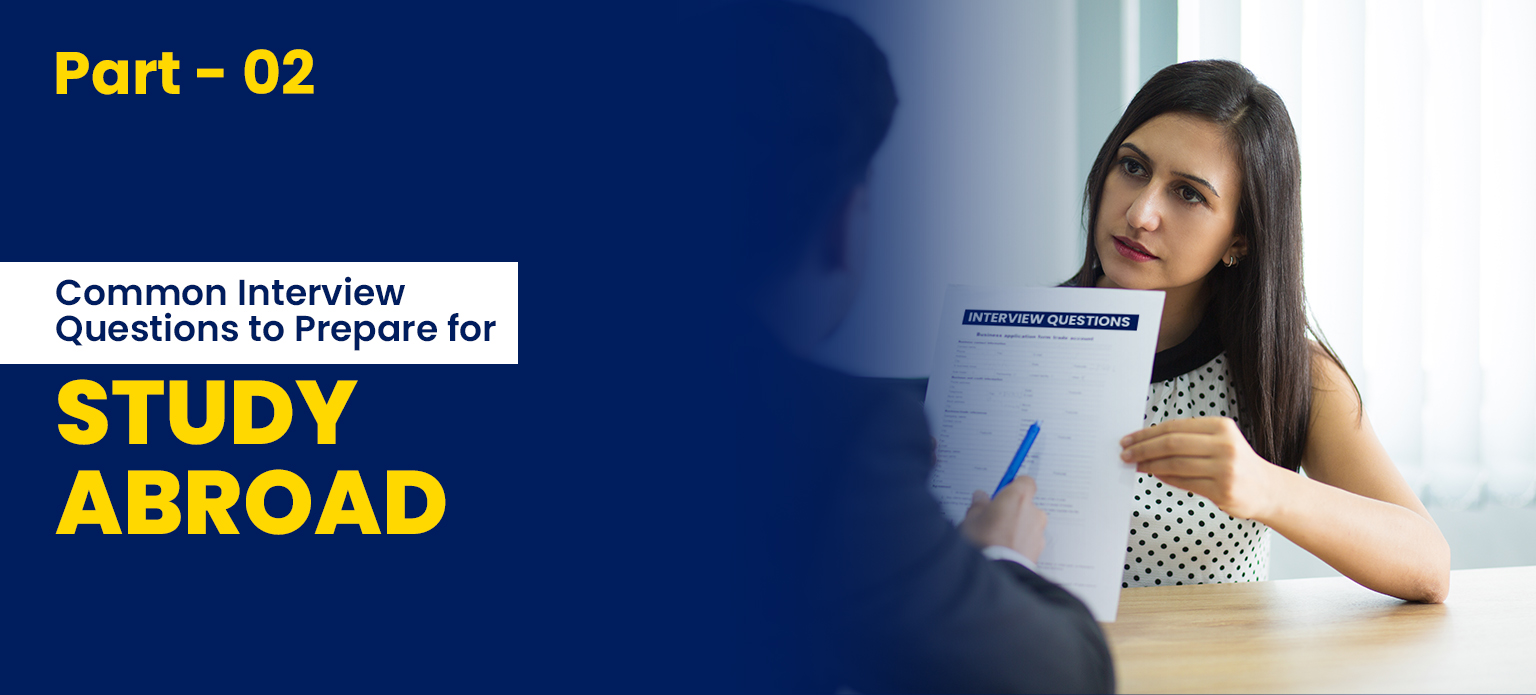
Student Interview Questions and How to Answer Them – Part II
- Categories All Study in Abroad Blogs, Studying Abroad
- Date April 11, 2024
In the previous part, we discussed the personal questions that could be addressed during the interview. Once the ice is melting, you are more confident and in control of yourself. The committee will then begin to ask some background questions.
Background
You must have submitted your academic records with your university application. That would have helped highlight the key milestones of your academic life. It is likely that these questions will revolve around your academic experiences only. With the background questions, the interviewers wish to gauge how these experiences shaped you. To the relevant questions, answer with your projects, awards and recognitions achieved during this time.
“Have you gone abroad before?”
Now, this question is a bit tricky. It will measure your honesty and enthusiasm at great length.
No, not yet. It would be my first time travelling abroad. I look forward to how things would shape in (university location). It would be an adventure of a lifetime. As for the challenges I might face, I am open to learning as I go. I read about your university online and the support provided to the students. I’m more excited than afraid.
If you have a relative living abroad, this would be a good time to mention them. This would show that you are already aware of the challenges you will face during your time overseas. It is possible that the relative would lend his experiences on overcoming them.
“Describe a time you had to overcome an obstacle. How did you handle the Stress? How did your problem solve?”
This question is a part of all interviews. Later, when sitting at a job interview, you will be asked the same question. The question is not as much about the problem solved. But your potential to solve them with regard to the interviewer. Your problem-solving strategy could include communication, mindfulness, reframing and so on.
I was an introverted kid. I took time adjusting to places and making friends. Consequently, I felt comfort and joy in my solitude. I still do but now I value the strength of friendship, or networking in general. However, during that time, my social skills held me back from participating in school experiences. I struggled to speak within a group. Performing on stage was a far-fetched goal. We didn’t have a school counsel or assistance we could seek. But I knew that things needed to change. I started pushing myself out of my comfort zone. I stood up where I felt shy, I spoke where I feared to. I accepted that we all are a part of the change the society needs. And we cannot stand back and witness time slip by. Today, I take pride in telling people how I was the Vice House Captain in the school. I had worked twice as hard as I could have.
“Have you ever disagreed with an instructor about your grades or performance evaluations? What were your reasons?”
If you were a scholar, it is likely that you were in a situation where you disagreed with the teacher’s evaluation. It would be on your paper or your friend’s. If you weren’t, we have an answer for you to learn from regardless.
I can’t fully deny that I wasn’t. I remember one incident precisely because it came with a betrayal and a lesson. One of my best friends was the class topper. I never aimed to be on the top simply because it comes with the need to be superior to others. But I do believe in being at my best. Especially, when it came to mathematics and language subjects. My answer sheets were neat, well-written and checked thoroughly before submission. I always got full marks in these subjects. One could say that I have always been inclined to them.
On one of our weekly tests on the Hindi language, my topper friend scored slightly less than I did. She wanted to investigate my paper to see where she did wrong. I hadn’t had the chance the graded paper myself but I didn’t mind. The next thing she did was to run to our teacher pointing out an evaluation error. Factually, it should have caused me a point deduction. The teacher simply looked at her and informed her how I had already made a note of that. I hadn’t. I hadn’t even had the chance to look at my sheet. When I asked her why she sided with me, she warmly told me that she was confident that I would have. The lesson, which came more as a realisation, it is okay to disagree with someone as long as your cause is right. We all are humans here, and very much capable of mistakes.
You are doing great! Head to the last part to discover questions on Personal and Professional Goals. We also have some tips waiting for you at the end.
You may also like

Ireland Intake 2024-25: Universities & Preparation Timeline

TOEFL Scoring System and Validity


